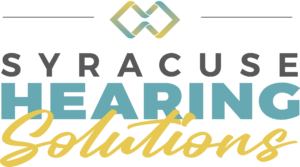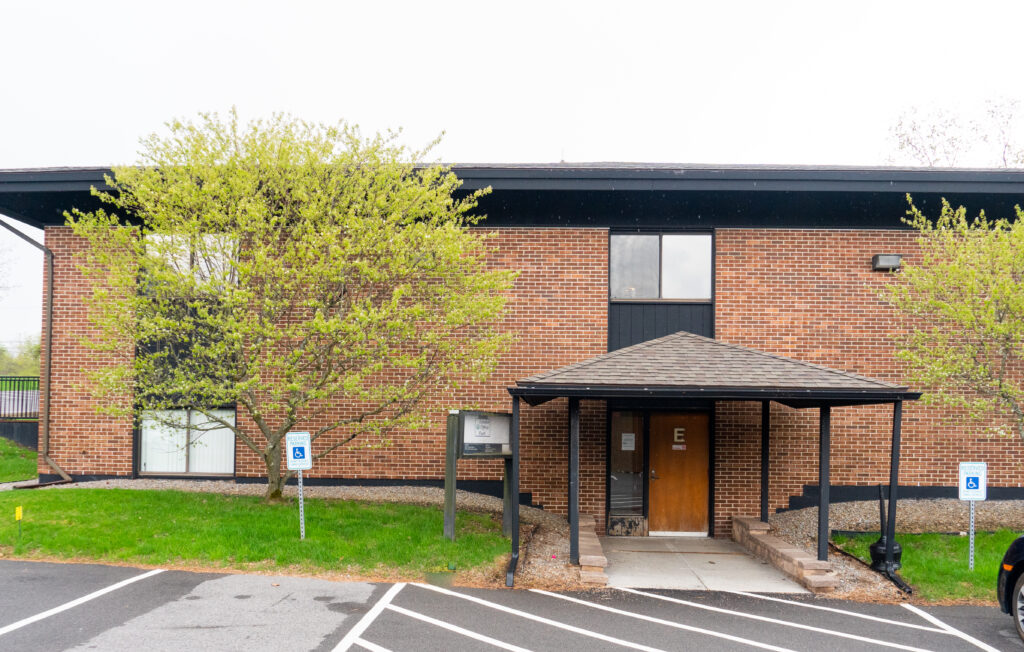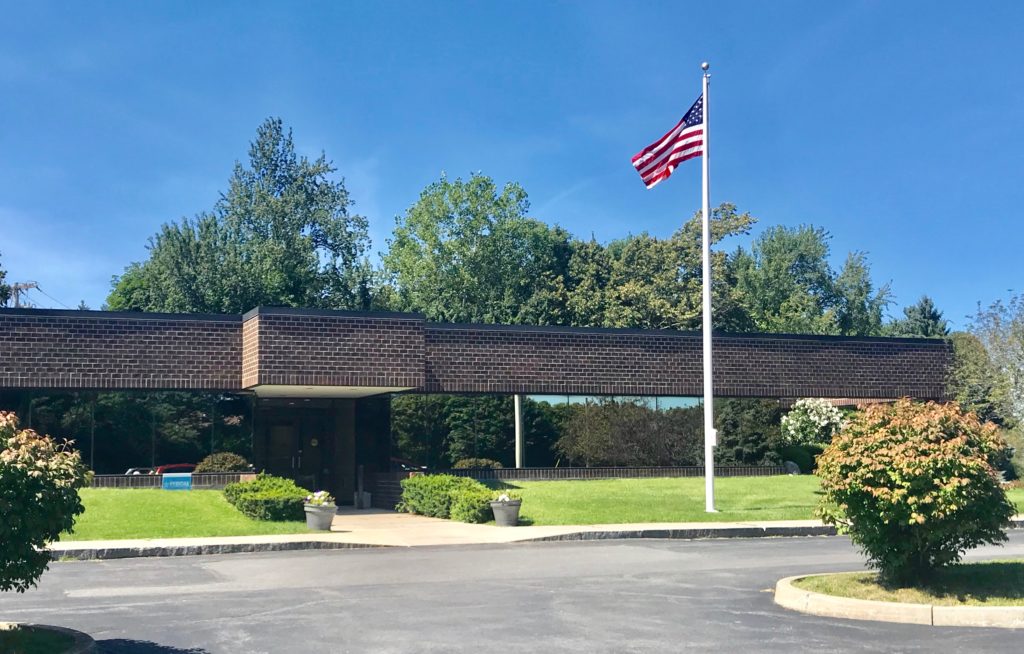Hearing Care Services Hard to Come By? You’re Not Alone
By digitaljoe
If you look at the numbers, chances are you or someone close to you has hearing loss. It is that common. We’re all familiar with noise as a cause of hearing loss, but did you know that age is one of the most common factors when it comes to hearing impairment. According to statistics released by the National Institutes of Health, “nearly 25 percent of those aged 65 to 74 and 50 percent of those who are 75 and older have disabling hearing loss.” That is a drastic jump from the just 2 percent of adults aged 45 to 54.
Hearing loss can be life-changing. It requires specialized care to manage and, when left untreated, has been linked to other conditions including depression, anxiety and cognitive decline. Unfortunately, hearing care services can be difficult to come by for anyone in any age group, and new research indicates that that may be particularly true for older adults with lower incomes.
Who’s at risk?
Researchers at Johns Hopkins Bloomberg School of Public Health, recently released findings that they are hoping can improve access to hearing care for everyone, regardless of age or income. Analyzing Medicare survey data, the team found that a properly functioning hearing aid seemed to be linked with income level. A significantly higher percentage of those considered low-income reported lots of trouble hearing with their hearing aids compared to those in the highest income category. Even more telling could be the fact that less than half of the participants studied had used hearing care services within the last year.
This highlights just how essential hearing care is to successful hearing aid use, and perhaps, just how many barriers exist is getting that care. Especially for those with more limited resources.
“This study highlights the fact that hearing aids alone don’t necessarily improve hearing—hearing care services are important too, but there are barriers that prevent many people from accessing those services,” says study co-author Nicholas Reed, AuD.
Where we go from here
The research team made a key recommendation based on the study’s findings: make it easier for everyone to get hearing care services. Specifically, the team recommended including services like these as a mandatory benefit of both Medicare and Medicaid. Currently, standard Medicare (and Medicaid) plans exclude hearing healthcare benefits. Medicare Part C, the Medicare Advantage Plans that are purchased at an additional cost, are generally where enrollees may find some partial benefits for hearing aids and similar services. Not every plan covers every service. It’s important to do research before selecting a plan like this.
Many also point to the recently passed Over-the-Counter Hearing Aid Act of 2017, that will give people the ability to buy hearing aids without a prescription. While this may provide additional hearing aid options and a lower upfront cost for those on fixed incomes like those in the study, it does not address the need for hearing care services to personalize and optimize the devices. Leaving many still struggling to hear well.
If you are considering hearing aids or looking for hearing healthcare services, contact our office to schedule an appointment. We can find the best solutions for you and your hearing needs.


